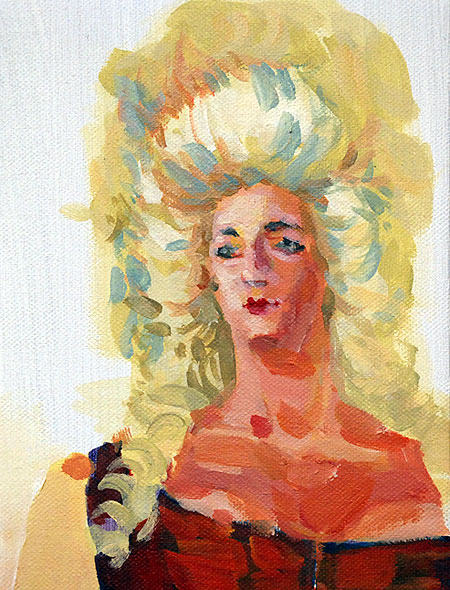
In retelling the events surrounding the American cause for liberty, his timeline surveys the typical historical terrain-the end of the French and Indian War in 1763 leading to Grenville’s Stamp Tax in 1765, Parliament’s 1766 Declaratory Act asserting its right to legislate on behalf of the colonists, Townsend’s 1767 Impost Taxes, the 1770 Boston Massacre, the 1773 Boston Tea Party, the First Continental Congress of 1774, the outbreak of war at the Battle of Lexington in 1775, and the subsequent Second Continental Congresses followed by the battle of Bunker Hill. The bloody experience led him to see the stark contrast between the two revolutions in question and also informed his criticism of America’s founding.Īs a prelude to comparing the two revolutions, Gentz offers readers an overview of the circumstances leading to the American Revolution.


Writing from Europe in the wake of the Jacobin Reign of Terror, Gentz’s memory is freshly seared with the “melancholy experience of ten disastrous years,” that followed the 1789 French Revolution.

Mere months after reading it in German, Adams, then Prussian ambassador, would translate and publish Gentz’s work into English for an American audience. Penned on June 16, 1800, Quincy Adams lavishes gratitude upon European diplomat and intellectual Friedrich von Gentz for his essay vindicating the American Revolution “from the imputation of having originated, or been conducted upon the same principles as that of France.” Gentz’s essay is fittingly entitled, The Origin and Principles of the American Revolution Compared with the Origins and Principles of the French Revolution. Lest you think this is a merely contemporary phenomenon, a letter written by John Quincy Adams reminds us that critics of America’s beginnings have been around for at least 222 years. Conservatives like Patrick Deneen find fault with the Founding as readily as the 1619 Project’s Nikole Hannah-Jones.

Today, the American Founding is attacked by both the left and the right.


 0 kommentar(er)
0 kommentar(er)
